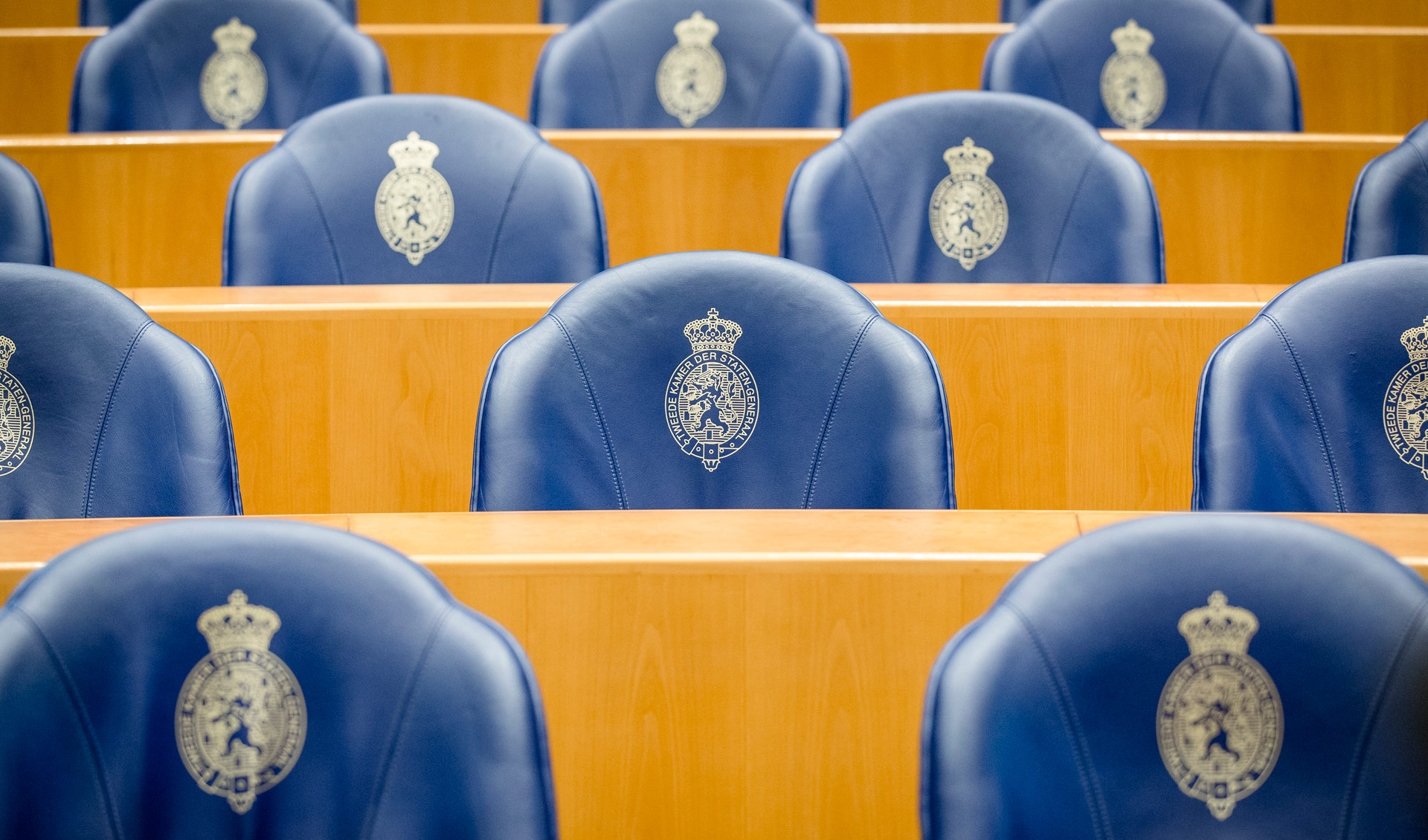Latest blog articles
-
The 1st of April 2024 marks the day when Germany adopted the most progressive legal approach to cannabis in Europe. While for the Dutch, this may sound like an April’s fool prank, it is far from it: The new German CanG (Cannabis Law) regulates the consumption, possession, and supply of the soft drug...
-
Germany has elected a new government. One of the legal reforms coalition of Social democrats, the Green party and the free liberals want to put on the tracks is the legalization of cannabis. From a criminological point of view, this is the right decision.
-
On the 9th of February, the Dutch Supreme Court ruled that forcing suspects to provide access to their smartphone with a fingerprint is not a breach of the privilege against self-incrimination. The case originated from an ex officio appeal ‘in the interest of the law’ in a case of the Court of North...
-
Dr. Aletta Jacobs is, in ieder geval voor de meeste Nederlanders, de belichaming van vrouwenrechten en gelijkheid. Maar hoeveel weet je nou écht van deze beroemde feministe? En waarom hebben we een onderwijsruimte naar deze vrouw vernoemd?
-
In March 2017 Pieter Duisenberg signed a declaration of intent with een bevestigende beantwoording van de volgende vraag: “Do you intend to complete the chosen term?”. (Dutch only)
-
After Rutte's promise, Asscher did not get where he asked for and so he agreed. (Dutch only)
-
After the United Kingdom had voted to leave the European Union in the national referendum on 23 June 2016, the swift ascent of May to the leadership of a deeply divided nation was not marked by decisive and resolute action, but a sense of uncertainty and strategic obfuscation.
-
How the Supreme Court restored Parliament to its rightful place. That’s precisely what happened on Tuesday: The Supreme Court decided, by a 8-3 majority, to mandate that the triggering of Article 50 TEU can only take place after prior approval from both houses of Parliament.
-
In the 4th December referendum, Italy rejected the constitutional reforms promoted by the Renzi’s government. As a consequence of the “No” vote, the Prime Minister decided to resign. While the vote was influenced primarily by internal factors, the result may open a period of uncertainty for both...
-
What exactly are the legal instruments for the EU according the measures that have been introduced recently with regard to the constitutional court and in terms of the media law. This article is only available in Dutch.









